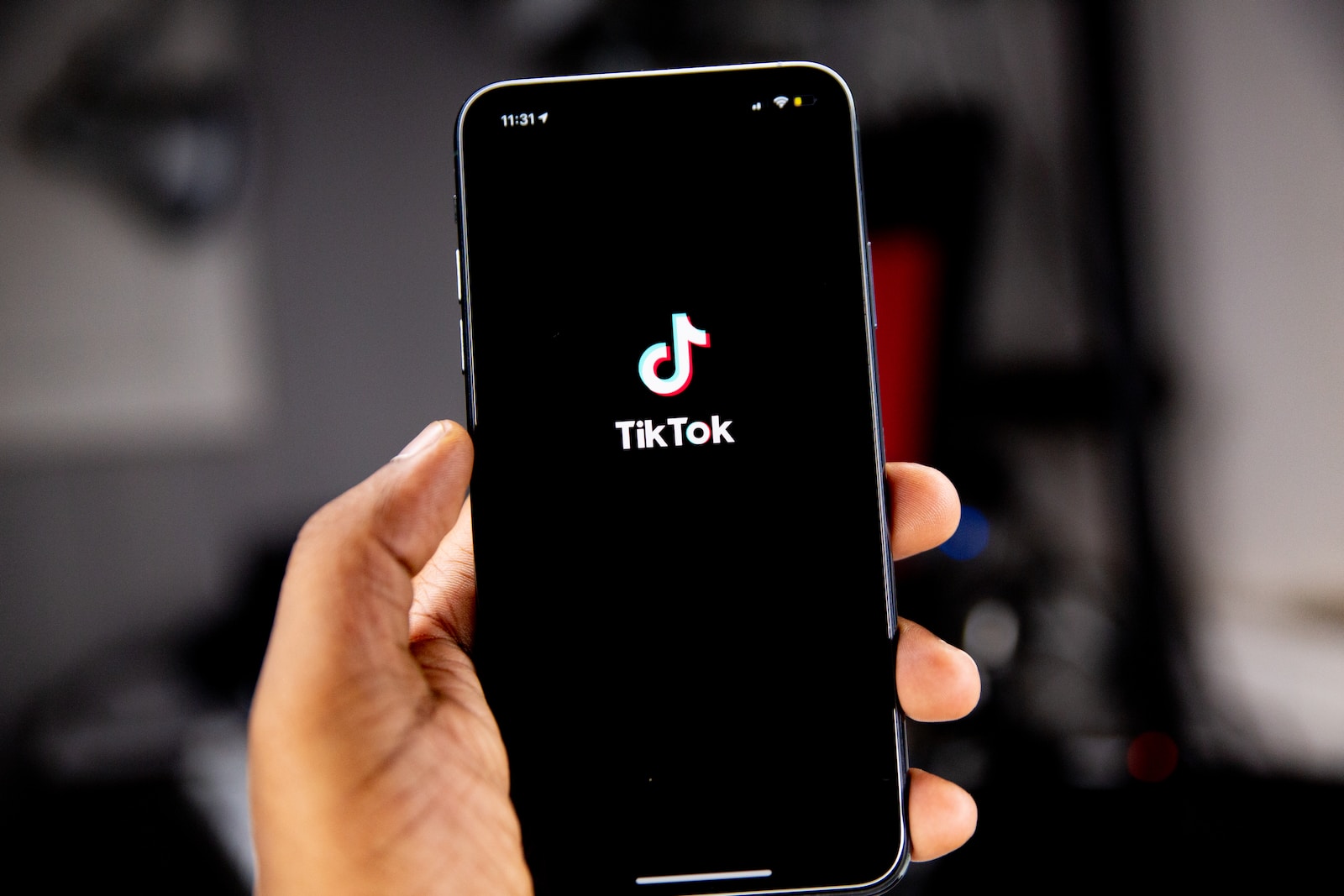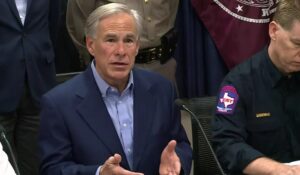In response to a lawsuit brought by a First Amendment organization, a federal judge issued an order that upheld a Texas rule that prohibits the use of TikTok on devices and networks that are owned by the state agency.
On Monday, a complaint brought by the Knight First Amendment Institute at Columbia University was dismissed by U.S. District Judge Robert Pitman. The institute argued that the Texas legislation violated the First Amendment since it restricted the use of TikTok on the wifi networks of public colleges. According to The Hill, the judge’s decision was made after the institute presented its case.
“While the Court recognizes the importance both of protecting academic freedom and supporting public employees’ right to free speech, the Court finds that these important ideals do not dictate the appropriate framework for this case,” Pitman stated when he issued his order.
Pitman also noted that the restriction is “not a restraint on public employee speech.” This is due to the fact that university teachers and public employees are permitted to use TikTok on their personal devices, provided that the devices are not utilized on state networks.
The institute had maintained that it is essential for academics to have the ability to investigate TikTok, particularly in the run-up to the election in 2024, and that the restrictions that Texas has in place hinder them from doing so.
The judge stated that the ban is a “reasonable restriction on access to TikTok in light of Texas’s concerns.” More specifically, the judge emphasized the privacy concerns and controversy that surround ByteDance, the parent firm of TikTok, which is based in China.
“This is a disappointing decision,” remarked Jameel Jaffer, the Executive Director of the Knight Institute, on Tuesday. “Restricting research and teaching about one of the world’s major communications platforms is not a sensible or constitutionally permissible way of addressing legitimate concerns about TikTok’s data-collection practices.”





